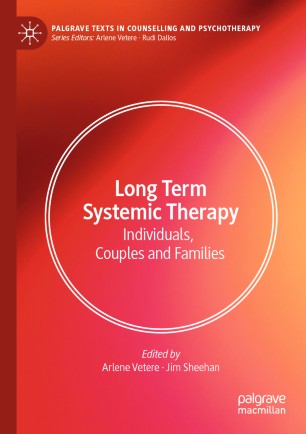

Most ebook files are in PDF format, so you can easily read them using various software such as Foxit Reader or directly on the Google Chrome browser.
Some ebook files are released by publishers in other formats such as .awz, .mobi, .epub, .fb2, etc. You may need to install specific software to read these formats on mobile/PC, such as Calibre.
Please read the tutorial at this link. https://ebooknice.com/page/post?id=faq
We offer FREE conversion to the popular formats you request; however, this may take some time. Therefore, right after payment, please email us, and we will try to provide the service as quickly as possible.
For some exceptional file formats or broken links (if any), please refrain from opening any disputes. Instead, email us first, and we will try to assist within a maximum of 6 hours.
EbookNice Team

Status:
Available5.0
15 reviewsSystemic psychotherapy has long been conceptualised and practiced as brief psychotherapy, in both the public sector and in independent practice, but it is now increasingly becoming a longer term practice.
This ground-breaking book examines the ways in which systemic theory can accommodate and formulate long term practice, and locates the boundaries of the systemic theories that both help to explain and give direction to such work. In doing so, it asks important questions such as: at what point might a practitioner need to incorporate and integrate other explanatory models into their systemic thinking? What does this mean for systemic practice? How does the relative longevity of the work impact the way practitioners build and maintain therapeutic relationships with the relational systems they assist? And what implications does such longevity have on, and for, the supervisory needs of systemic psychotherapists at the heart of the work? Given the absence of a rigorous evidence base for long term systemic therapy and practice, this book explores how practitioners can hold themselves ethically accountable for what they do and think.
Written by some of the leading names in systemic thinking, this book provides an important new resource for both students and experienced professionals in family therapy seeking to enhance their practice and research.